It took some evasive maneuvering to get us here — the building out of a small-scale hardware ecosystem, coupled with a couple big-ticket acquisitions and a partnership with one of its largest potential competitors. But suddenly, Google emerging as competitive in the smartwatch space doesn’t seem an altogether outlandish proposition.
One can make a compelling argument that the software giant learned some hard lessons from past smartwatch and earbud struggles. Entering an already mature hardware category isn’t easy for anyone; spending in excess of $2 billion is a pretty good shortcut if your pockets are deep enough.
While devices are reasonably far along in this world, things aren’t that cut and dry. For one thing, Google’s partnership with Samsung meant an overnight increase in Wear OS market share. Both companies were staring at Apple’s first place lead from a distance, so why not join forces? At the very least, it’s been a swift kick in the pants for a wearable operating system that has languished for the better part of a decade.
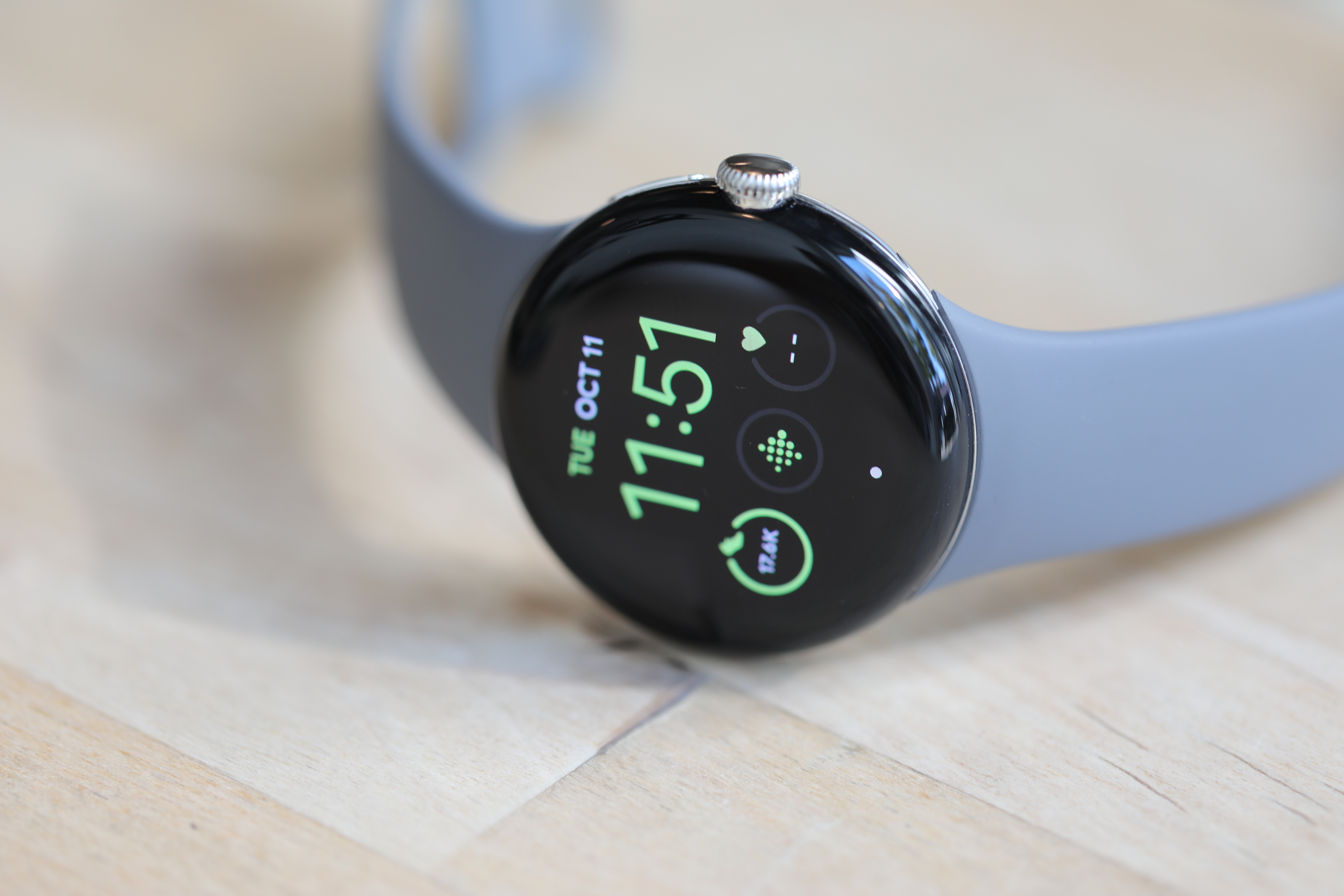
Even more central to the deal are a pair of big purchases. The $2.1 billion Fitbit deal was obviously the highest-profile move there — and understandably so. It’s not every day a household name gets acquired. Like the Samsung move, that deal immediately buys Google more market share, and from the looks of things, it will work out similarly to the Apple/Beats deal: Google gets immediately built-in sales and keeps the brand name around, as it uses Fitbit’s software as a foundation for its first-party play.
The bit that gets lost in a lot of this is the company’s 2019 purchase of $40 million in Fossil IP. The deal mostly revolved around an unseen prototype that may well have served as the architecture for the new Pixel Watch hardware. Certainly the product looks like nothing Fitbit has ever given us before.
It’s worth noting that Google didn’t just buy Fitbit and a piece of Fossil. There’s a sense in which it acquired the many companies they themselves acquired. It’s difficult to point to, but there are likely pieces of OG wearable Pebble, Vector, Twine and Coin (Fitbit), along with Misfit (Fossil) living in this small device currently sitting on my wrist. Add in the company’s work with Samsung, and you’ve got a kind of secret history of the smartwatch universe sitting in front of you.
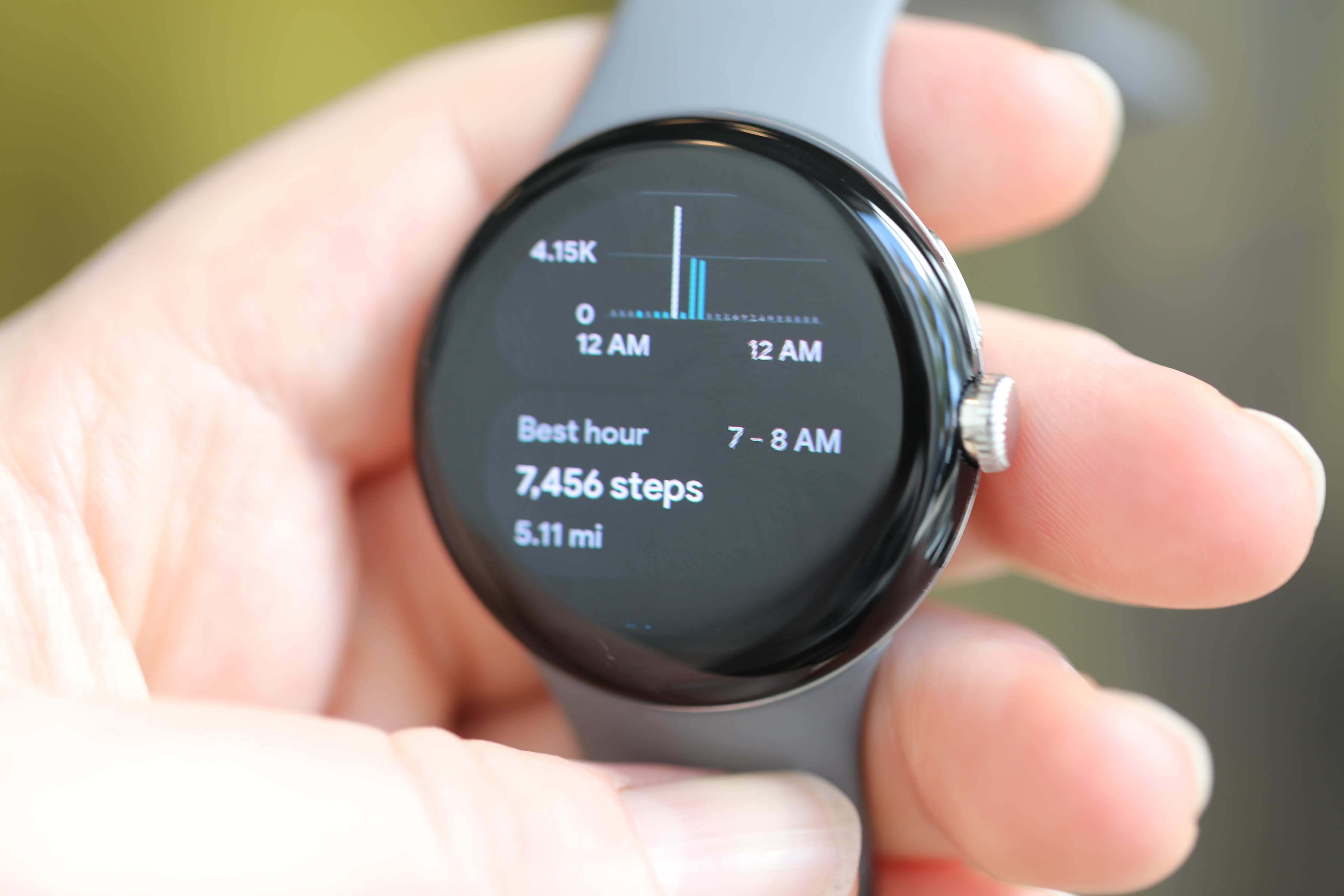
That’s an incredible cocktail of smartwatch DNA. Is it enough to catapult the Pixel Watch to the top of the rankings? Well, no. Obviously not. But it’s enough to compete. Apple remains the insurmountable mountain for the moment — and let’s be honest, the company effectively sits alone in the world of iPhone compatibility. Google’s competition sits much closer to home.
Specifically, the company is up against Samsung, Fitbit and a number of companies like Xiaomi, which are duking it out for the lower end of the market. Garmin, meanwhile, is off in its own outdoor world with little competition outside the likes of the Apple Watch Ultra. So, really, that leaves Samsung as the Pixel Watch’s one immediate competitor. The Galaxy Watch has maintained the No. 2 spot for some time, so that’s still some stiff competition.
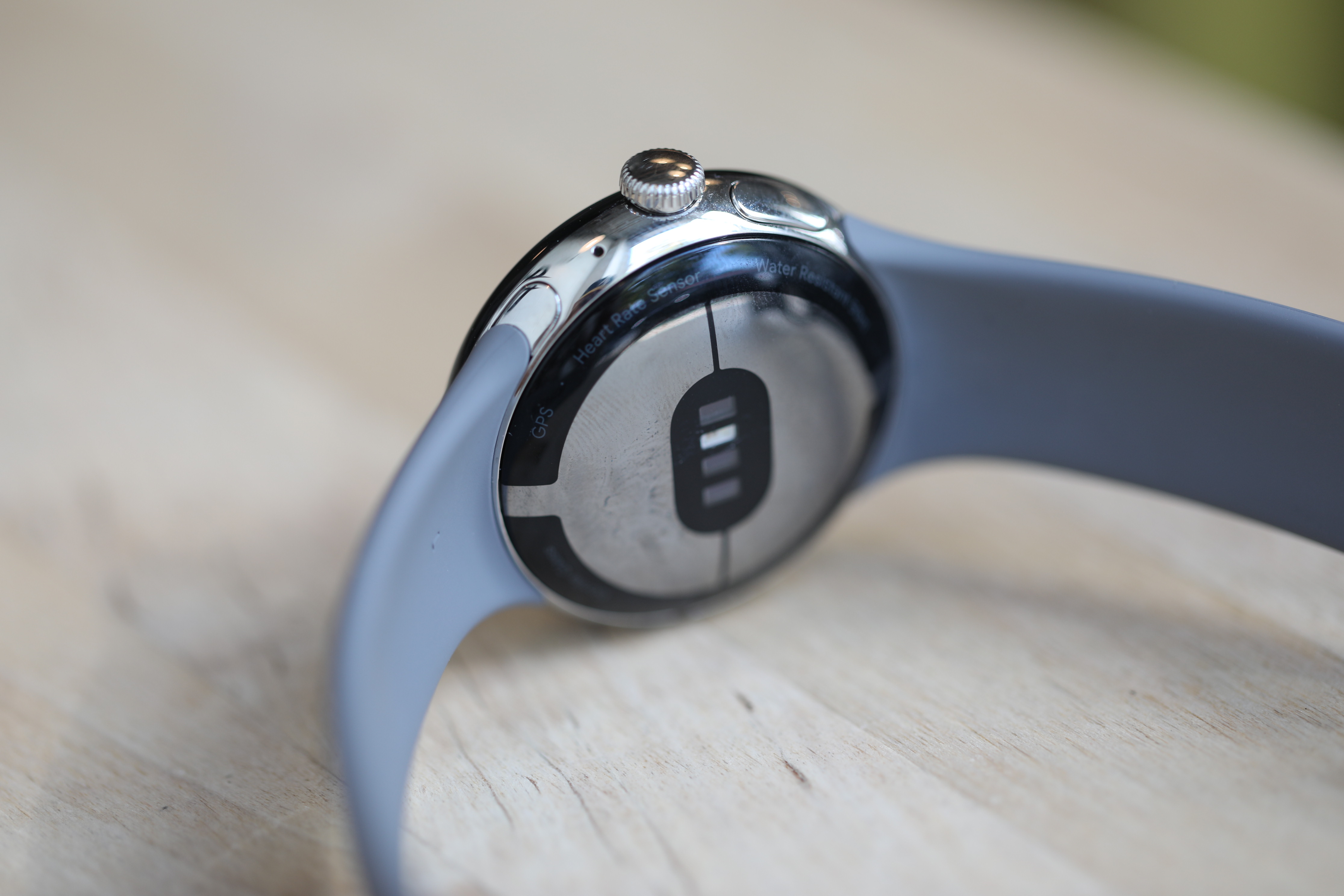
The Pixel Watch is a looker. I really dig the design here. It’s about as minimal as one can get — a big change from the Apple Watch Ultra I’d been wearing previously. It’s a watch distilled down to its essence — glossy curved glass, with a haptic crown on the side. It’s also quite small. The case is 41mm, the smaller of the two standard Apple Watch models. The display is even smaller, at 1.2 inches, to the 41mm Series 8’s 1.53 inches.
We’re very much dealing with screen sizes where a fraction of an inch can make a world of difference. Google’s device isn’t helped much by some sizable bezels on the sides. You mostly won’t notice them, due to all of the watch faces being black. With a lighter-colored face, the space would be much more noticeable. Ultimately what that means, however, is that there’s less surface area for a touch display.
When it comes to wearables, I’ve long been of the opinion that the more size options, the better. Human bodies are like that, you know? Given the option, however, I’d say smaller is ultimately better. It’s a lot easier to wear a watch case that’s too small, instead of one that’s too large. The 41mm case felt and looked small on my wrist, but the screen size is enough for most things, assuming you’re not planning to do a lot of typing.
Still, I would be shocked if the Pixel Watch 2 doesn’t arrive in at least two sizes next year.
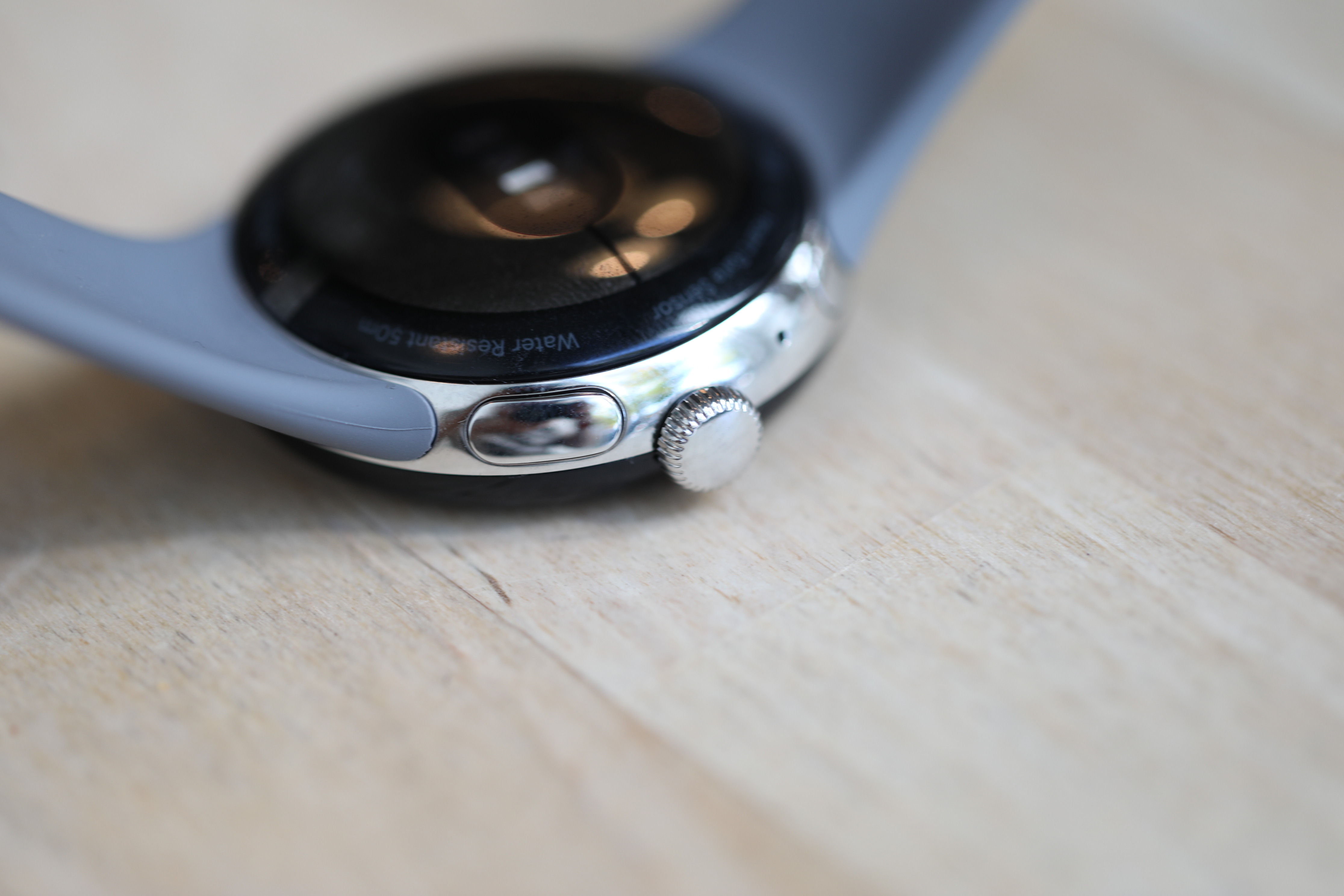
The bands snap on and off with a press of a button and a slide. It’s a little tricky the first time, so much so the company guides you through taking it on and off during setup. The connector is proprietary, and at present only Google makes compatible bands. There’s a decent selection of both materials and price points, and the company has plans to open it up to third parties.
The Pixel Watch launches with an always-on display, though it was off by default. When enabled, it effectively presents a lower res and slightly dimmed version of your watch face. The battery was a bit disappointing in my trials, so you may want to keep it off, depending on how long you’re looking to eke out. With it on, getting to a full 24 hours can be tricky. So if you’re planning to do some sleep tracking, maybe budget in some quick charging time.
One thing Google managed to avoid by way of its late entry was the years’ long search for meaning among smartwatch makers. Notifications were pitched as the thing in those early days. Eventually, however, health tracking became the foundational play here, and Google successfully bought its way into that world.
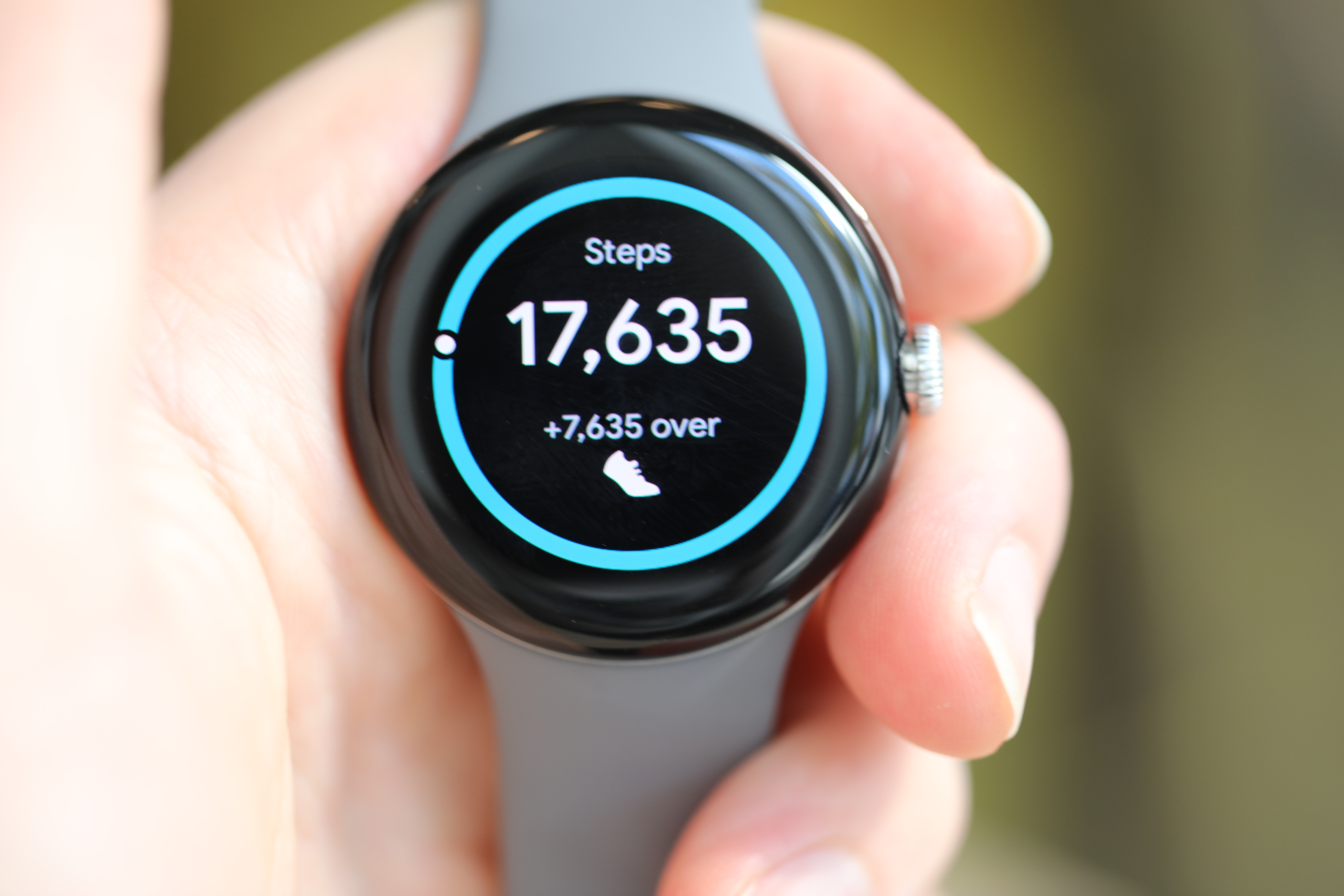
Interestingly, Fitbit lives on as its own individual app here. The company punted Fitbit Pay for Google Pay (the fate of the former is unclear, moving forward), but the wearable brand presence is strong in the form of exercise and sleep tracking. As alluded to above in the Apple/Beats convo, Fitbit is far too valuable a brand to discontinue in the hardware space (especially as those devices continue to focus on a lower-priced SKU), but it will be interesting to see whether it continues as an outsized presence on the Pixel Watch. That includes downloading the standalone Fitbit app on a connected smartphone, though there’s something to be said for being able to port over all of your old fitness metrics.
I’ve come to like Fitbit’s tracking. The company’s built a deep portfolio of workout and sleep metrics that give Google an immediate leg up out of the gate. The Pixel Watch isn’t the most complete solution by any stretch, but nor does Google need to be embarrassed by what it’s bringing to the table in 2022.
Looking at Fitbit’s own well-received smartwatches like Versa, a key question looms over the Pixel Watch. Why? Beyond the simple fact that a big name firm is throwing its hat in the ring after many years of sitting on the sideline, why should anyone be excited about the device, especially when the Versa starts at a full $150 cheaper than the $350 device (add in another $50 for LTE).
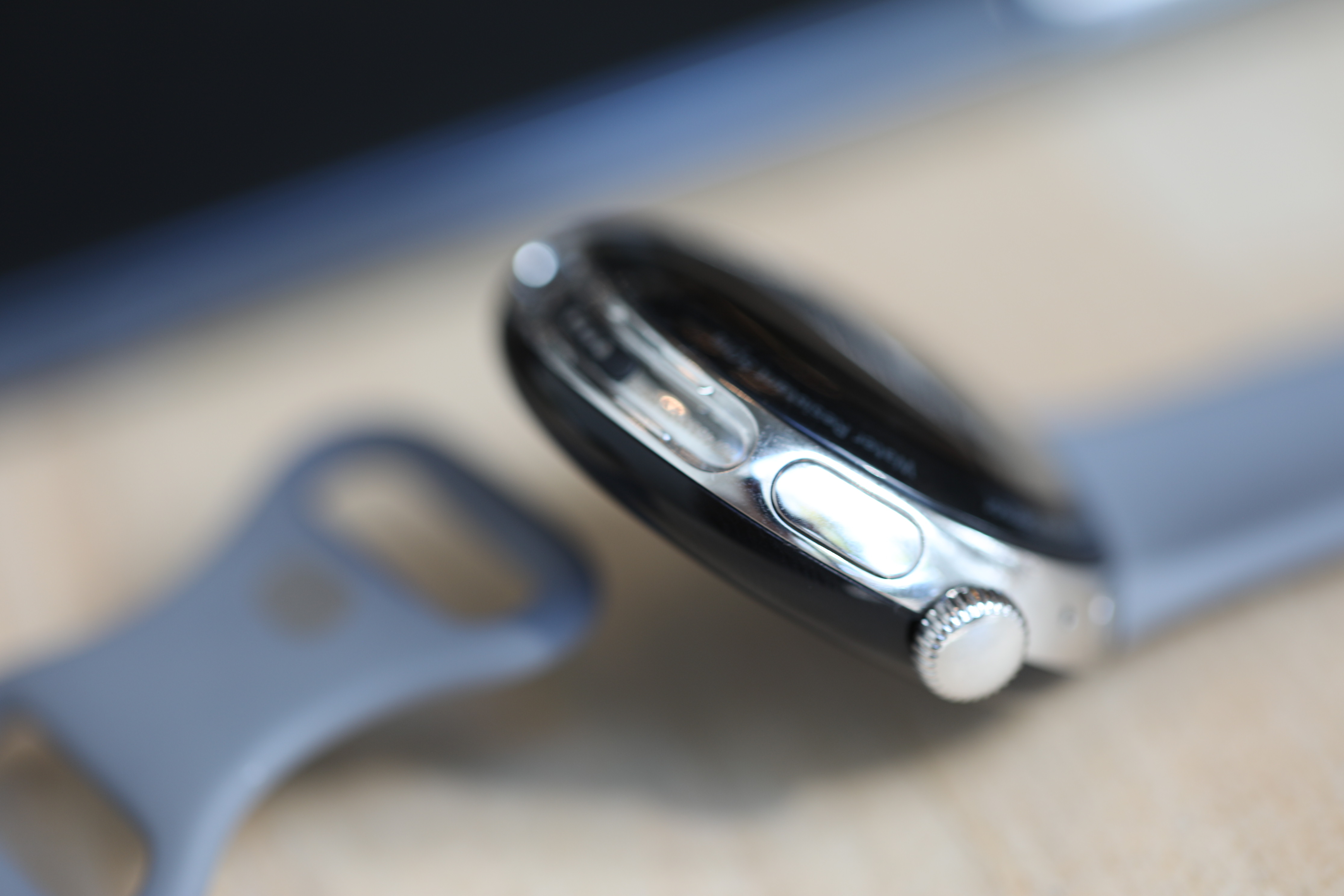
That’s certainly not out of range for the category. The Galaxy Watch 5 starts at $330 and the Apple Watch Series 8 at $399. Given that price has been such a key differentiator for the Pixel line, it follows that the company might make a similar play with its smartwatches. After all, while the Pixel has a minute sliver of the overall marketshare, those numbers are growing here in North America, where Google cracked 3% of shipments in Q1.
Pixel owners seem precisely the market Google needs to be targeting here. There’s probably something to be said for being the anti-Apple Watch Ultra — being small and subtle with round, glossy corners that can pretty much go with anything. But in future generations, the company is going to need to do more to distinguish Pixel Watch from the Fitbit smartwatches that also live under the Alphabet banner now.
I’ve not figured out the why here. I’m not sure Google has, either. I understand why the company was so interested in the growing category, much like smartwatches and headphones before it. Google’s seen all of the successes Apple and Samsung have had with hardware ecosystems and it wants a piece of it.
That said, if the move strikes you, you could do a lot worse than the Pixel Watch, and this is only the beginning.































Comment